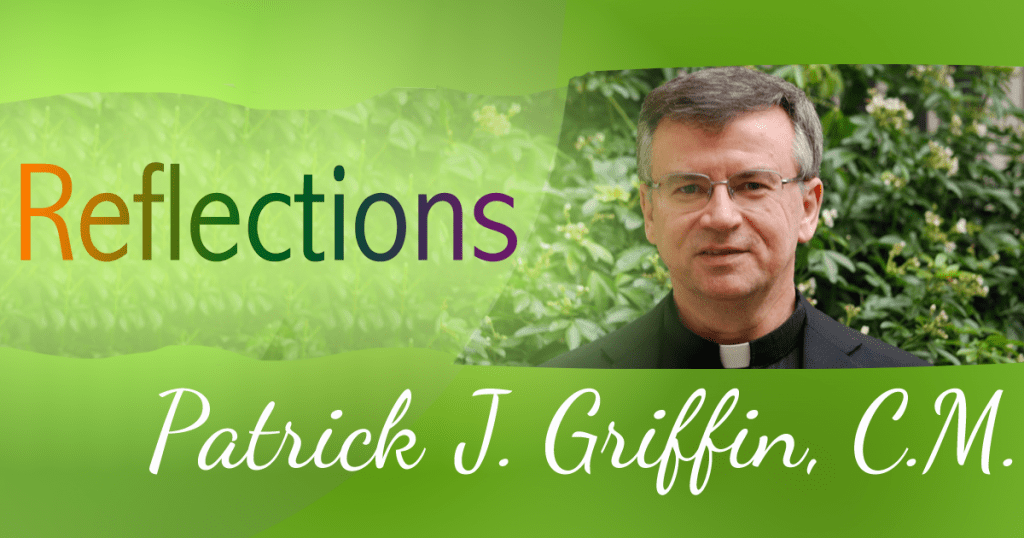A host of lessons arises within the story of the Prodigal Son. It continues to challenge and suggest as we reflect and recognize ourselves in the text. Most recently for me emerges the theme of “separation from the Father.”

The adventures of the younger son offer clear examples of how that happens. They begin with the brazen seeking of his inheritance before the passing of the Father. Then, the packing up and going away from home for a physical separation. His foreign escapades make explicit his wastefulness and life of dissipation without getting into specifics—though later his older brother willingly suggests some lurid detail. Finally, in the midst of a famine, this younger son takes a job tending swine; this involved contact with an unclean animal forbidden to righteous Jews. Thus, this son separates himself from his Father in honor-due, in home, in act and in fidelity. One can hardly add a detail that better expresses his separation from the one who loves him. This last point, however, drives the story of this son. He knows that the Father loves him, and he can thus return to the home that will always welcome him. The separation from the Father can only continue if the son enforces it.
With the older brother, we also recognize the separation from the Father despite the fact that he never leaves home or shirks his familial responsibilities. Yet, we perceive that his attention to the obligations of the dutiful son in service and obedience have not brought him peace. When he sees the way in which the father feasts the return of the wasteful, wayward brother with the fatted calf, he complains that the father had never given him even a young goat to feast on with his friends. One can feel both hurt and anger in the accusations of the older brother, and they do not appear solely in speaking of his younger brother. They also extend to his father. Note that he never addresses his parent as “Father” nor refers to his sibling as “brother”—preferring to refer to him as “your son” (v. 30). The younger son, on the other hand, repeatedly addresses his parent as “Father” (vv. 12, 18, 21). The younger brother steadfastly includes himself in the use of family language; the older brother does not.
At the end of the parable, we stand outside the feast with the father and his older son. We do not doubt that the father will return to the celebration of his younger son’s return. We do not know, however, what the older brother will choose. One truth, however, stands forth: if the older brother opts to separate himself from his younger brother, he also separates himself from the Father. One cannot exaggerate this important lesson. The Golden Rule finds expression in the story. Love of neighbor and love of God remain inseparable.
The sacrament of reconciliation holds an important place in the foundation of the Congregation of the Mission. Vincent de Paul recognized its centrality for his ministry and for the missions that his community came to preach. The parable of the “Prodigal Sons” offers many means of separating oneself from the Father. Vincent appreciated these different divisions and offered a vision of reunion with the one who loves all his children.







Very insightful…